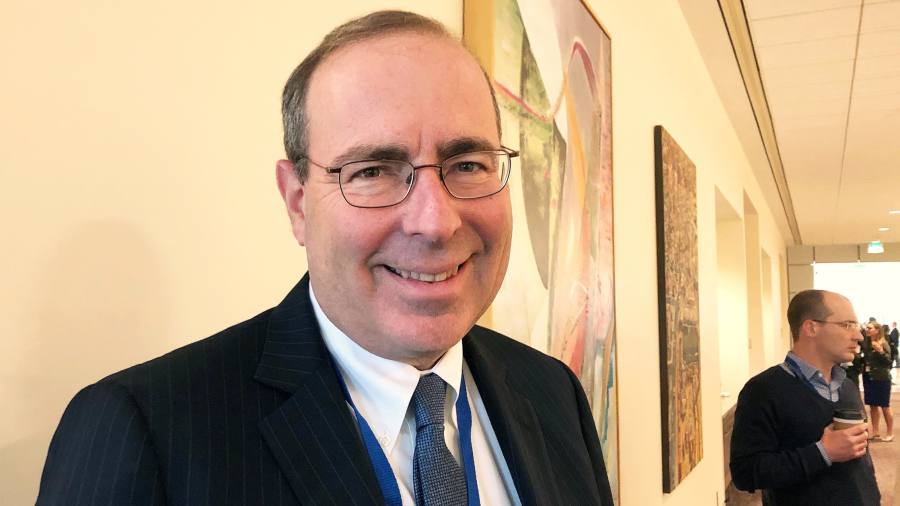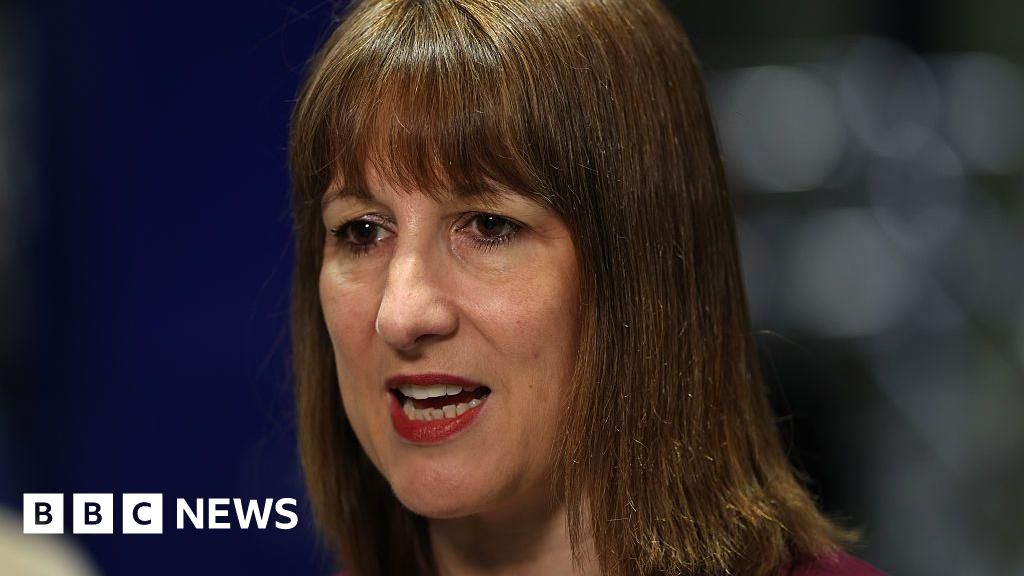The Federal Reserve should not be deterred from raising interest rates to battle high inflation because of the potential for financial instability, a top official at the US central bank has said.
Thomas Barkin, president of the Federal Reserve Bank of Richmond, said that while policymakers should always be “sensitive” to financial stability, those concerns should not take precedence over the central bank’s fight against persistent inflation.
“If inflation persists, or God forbid accelerates, there’s no barrier in my mind to further increases in rates,” he told the Financial Times in an interview on Monday. He noted that he would advocate for a “steady” approach that would “lessen the damage of any potential overcorrection”.
He added: “It is not obvious to me that there is a financial stability challenge of having a higher rate path . . . I don’t see the urgency of making a different decision because of financial stability risks.”
Barkin’s comments come as the Fed grapples with a number of recent bank failures, prompting worries about a drag on the economy as lenders pull back.
The Fed this month raised interest rates for the tenth consecutive time to combat inflation. Jay Powell, the Fed chair, recently hinted that the central bank could consider pausing its monetary tightening campaign as early as June in order to take stock of the economic situation, but he stopped short of ruling out further rate rises.
Barkin did not specify his policy preference for the Fed’s next policy meeting, although he said he was now more optimistic that demand across the economy was cooling.
“There’s a plausible story that demand is going to come down meaningfully because of waning fiscal stimulus, eroding personal balance sheets, the lagged effects of rate moves, credit tightening, and that cooling in demand will not soon afterwards have a similar effect on inflation,” he said. “I’m still looking to be convinced that story is going to turn into reality.”
Speaking later on Monday with reporters, Raphael Bostic, president of the Atlanta Fed, said he was inclined to support pausing further rate increases next month.
“I’m expecting inflation to continue its steady decline [but] I don’t think it’s going to be a very fast decline, and that is one of the reasons why I want to wait and see and get a sense of how quickly the economy is responding,” Bostic said.
Barkin, speaking of economic data, said he “can’t find anything in the recent inflation reports that make me think we’ve gotten to where we need to get”. He also said that “at best” the labour market had moved from “red hot to hot”.
It was both easy to imagine data published over the next month that suggests “waiting [to further raise interest rates] is a really good thing to do” as well as those that would suggest “you just can’t afford to wait”, Barkin said.
The Richmond Fed president said he was closely watching credit conditions, as they could influence consumer spending, small business activity and commercial real estate on the “margin”. He was also paying attention to political negotiations over the federal debt ceiling, on account of market turmoil that could follow a US debt default.
“It’s definitely a place I don’t have a lot of interest in going,” Barkin said.
Credit: Source link





![The state of inclusive marketing in 2025 [new data + expert insight] The state of inclusive marketing in 2025 [new data + expert insight]](https://www.hubspot.com/hubfs/inclusive-marketing-report.webp)





